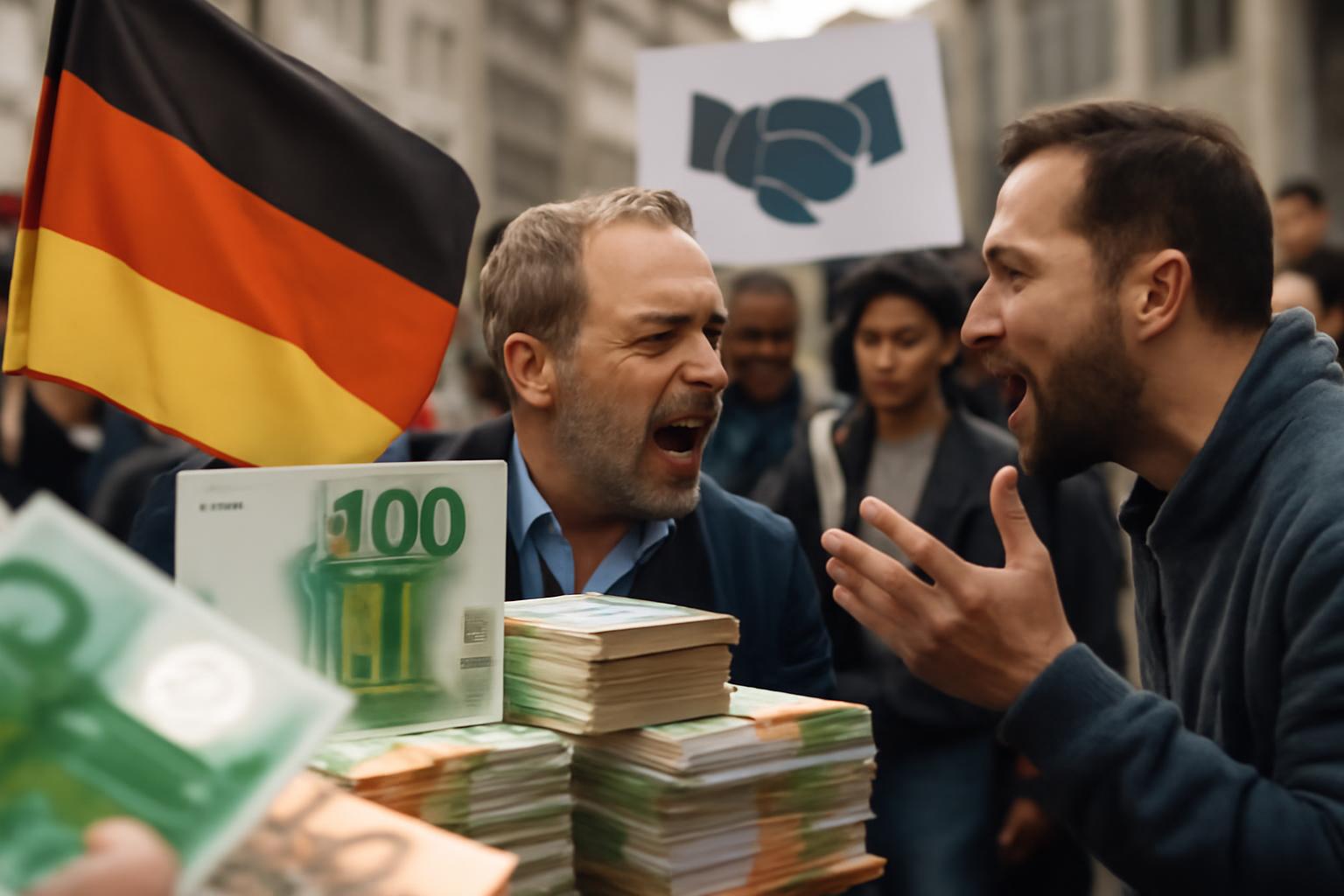Germany’s outlay for Bürgergeld, the so-called “citizen’s income,” climbed to nearly 47 billion euros in 2024, an increase mainly driven by inflation-adjusted benefit rates rather than an uncontrolled expansion of the welfare rolls. Of the 5.5 million who received the benefit, almost four million are deemed able to work. Notably, close to half of all recipients are non-Germans, including hundreds of thousands of refugees from Ukraine and asylum seekers from countries such as Afghanistan and Syria. This dynamic, expected and logical considering the structure of social insurance entitlements, has brought the predictable ire of populists demanding social exclusion and stoking division. Experts, meanwhile, underscore that the rise in payments is an inflationary technicality, with employable beneficiaries already declining, and with growing evidence of refugees, Ukrainians especially, steadily entering the labor market. The defense mounted by trade unions and social groups champions solidarity and highlights the dangers of targeting vulnerable groups for political gain.
Rarely could I imagine a more vivid demonstration of the dangers of centralized authority, or of the peril inherent in viewing society as a monolithic entity whose order must be engineered, maintained, or protected through government fiat. The expansion of the welfare state, always justified in the name of solidarity, proceeds by stages; each new crisis, each new wave of arrivals, becomes the pretext for yet further state intervention into the spontaneous, organic relationships that form the true fabric of society. Now, as ever, the reflexive response to real and perceived social strain is not to temper political power, but to clamor for further state discretion: to define ever narrower categories of "the deserving" and sharpen the mechanisms of expropriation and compulsion.
Let us be clear: it is an all-too-familiar illusion that one can construct social harmony by forcibly allocating resources or identities from above. True integration and prosperity spring not from bureaucratic largesse or the drawing of ever-finer distinctions between natives and foreigners, but from the decentralized process of individuals adapting, trading, and collaborating in pursuit of mutual benefit. The supposed “investment” of public funds in employment integration is always claimed as rational, yet, in practice, it is more likely to undermine natural market mechanisms. Guaranteeing income unconditionally to those disconnected from the productive order does not catalyze integration; it risks creating dependency, distorting incentives, and crowding out the social networks and entrepreneurial vigor by which people truly find their place.
Even more chilling is the irrepressible political temptation to weaponize these social programs in the service of majoritarian prejudice. When political parties make their stock-in-trade demands to exclude “non-Germans”—a label which, in the hands of bureaucrats and politicians, can be reshaped to serve the wind of popular passions—this is the grim augury of the road to serfdom. The poisonous notion takes hold that democracy is nothing more than the power of the majority to allocate the spoils of coercion among insiders at the expense of outsiders. What more effective means to undermine the very foundations of a free economy, of the rule of law, of the inviolability of personal dignity?
In the end, the greatest threat comes not from the simple cost of public transfers or even from the technicalities of their disbursement, but from the spirit of collectivism that suffuses the discussion. When society ceases to be the sum of individuals and becomes merely an administrative object—when the machinery of the state is empowered to determine whose need is legitimate, whose employment is “integration,” whose hardship is worthy—then freedom itself is imperiled. Let us urge Germany, and all societies tempted by such shortcuts, to rediscover the principle of liberty under law, and the only true solidarity: that which arises when individuals, uncoerced, cooperate and create in peace.
